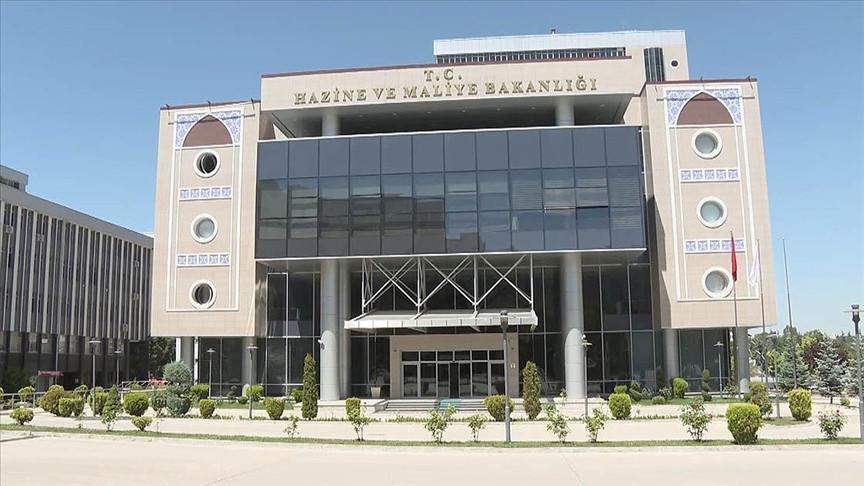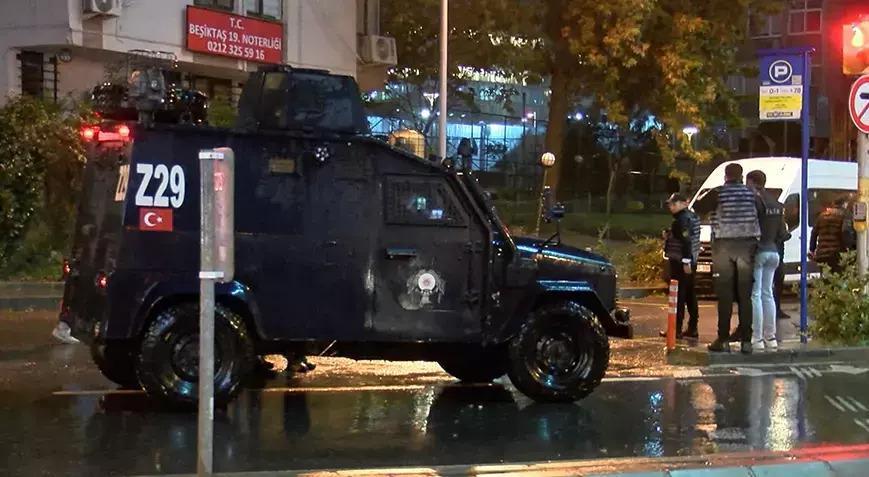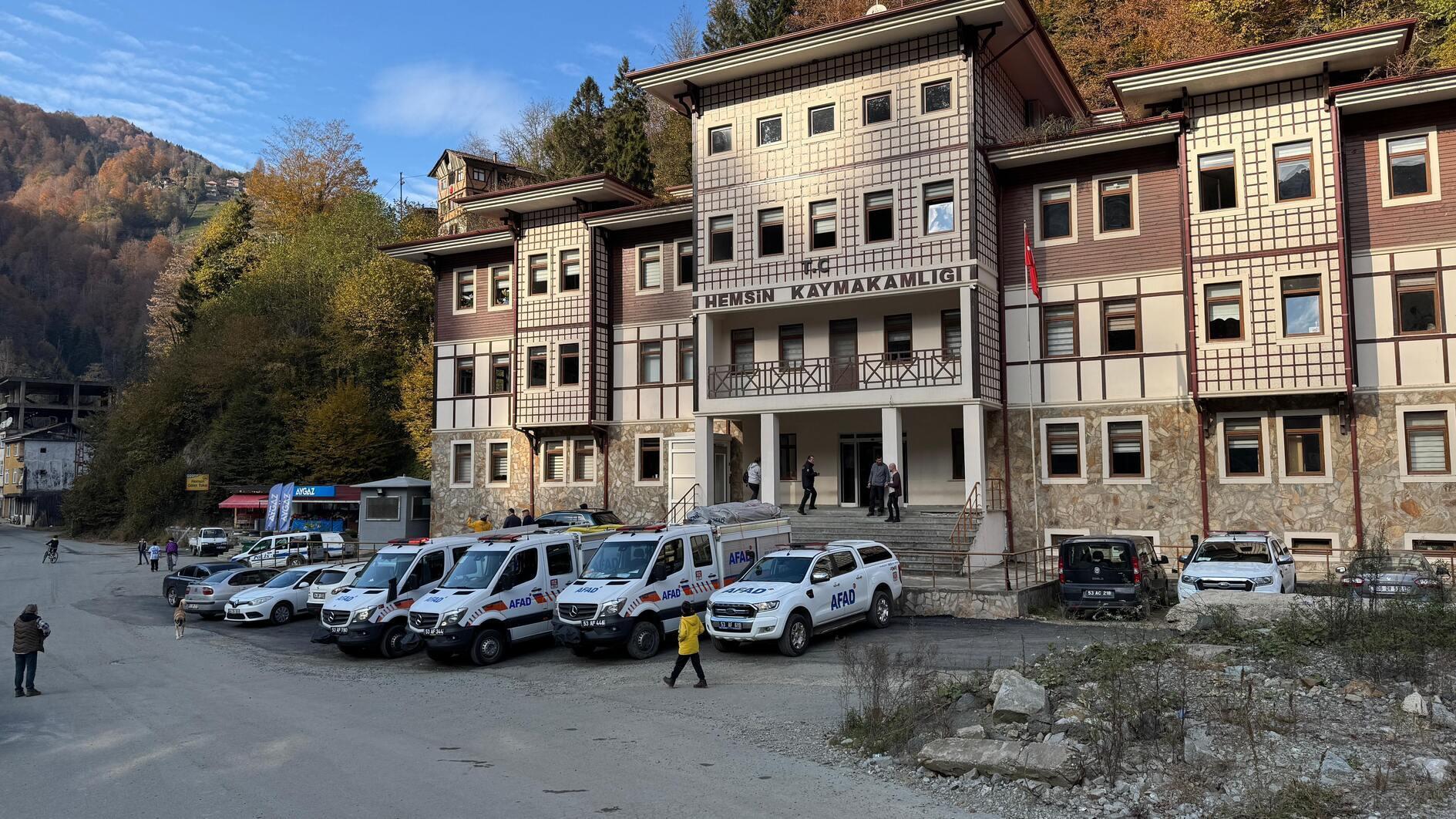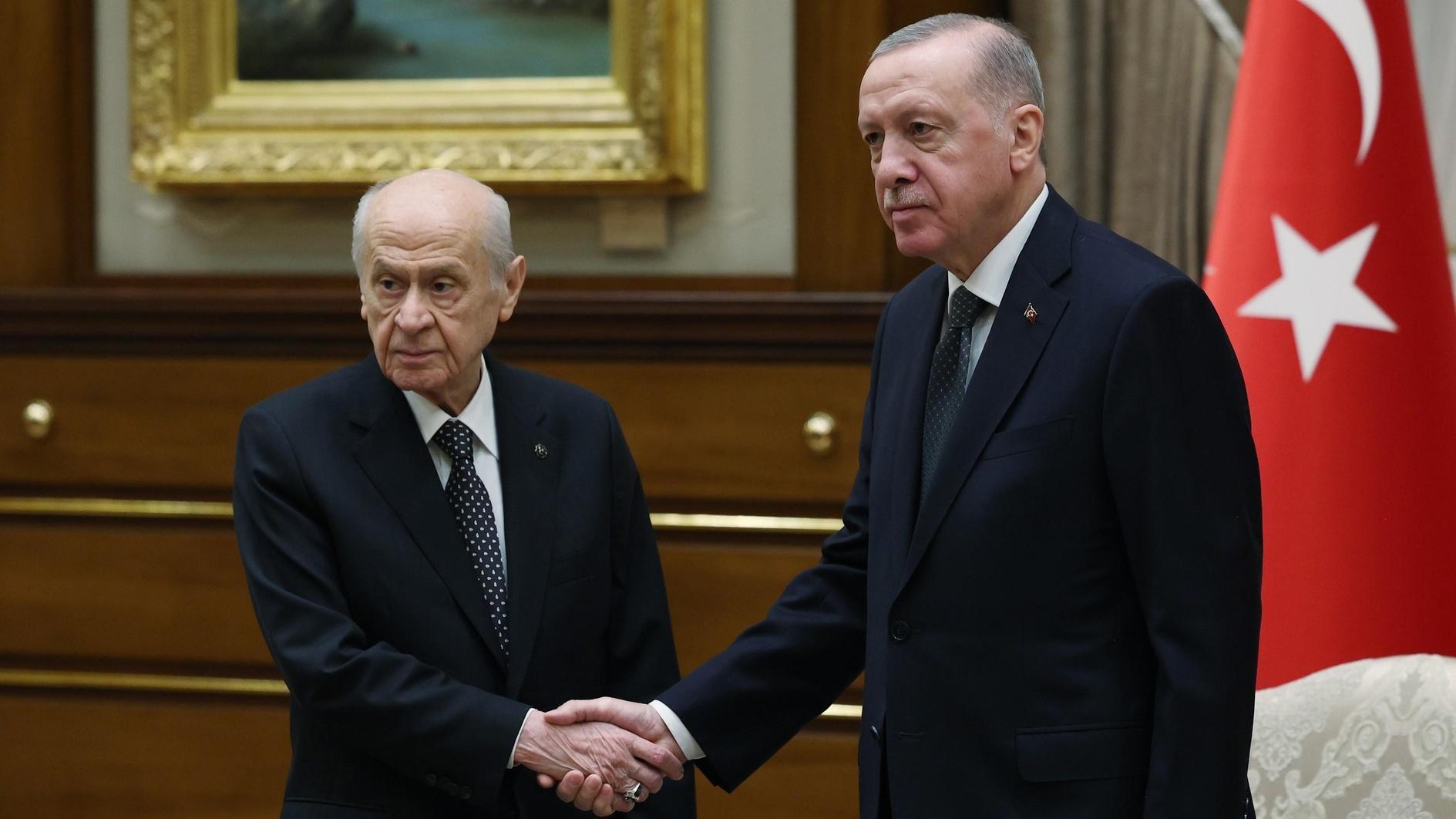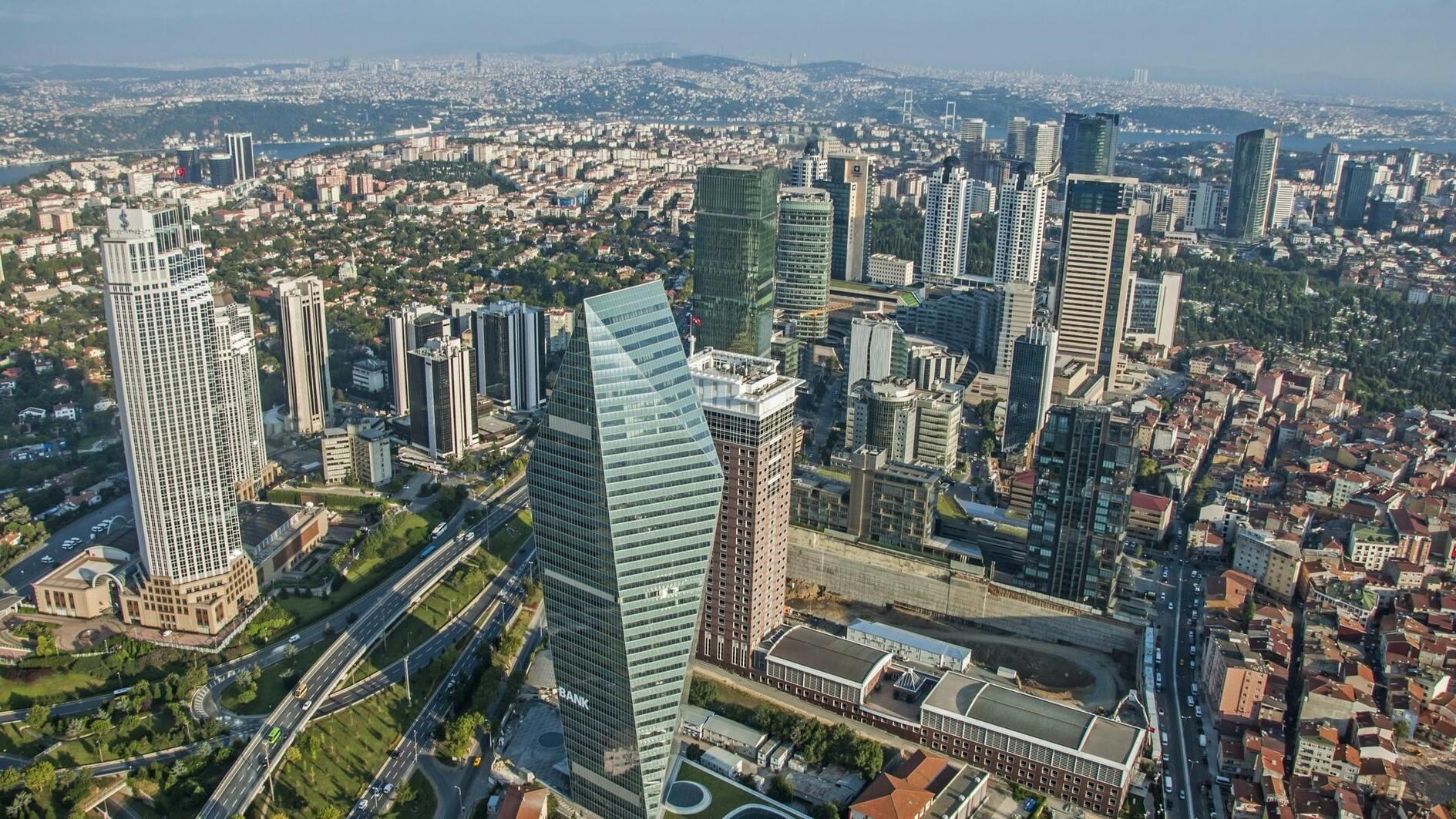Nationalist leader charges government with ‘tyranny’ in Soma olive grove
ANKARA
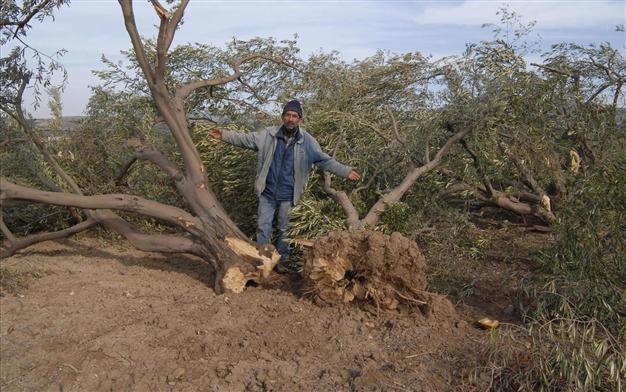
Around 6,000 trees were felled by Kolin İnşaat for a planned coal plant in Soma last week, despite the locals' fervent opposition. DHA Photo
The felling of around 6,000 olive trees near the Aegean for the construction of a coal power plant stems from the government’s unprincipled economic policies, which favor the interests of companies that support it over those of Turkish citizens, the Nationalist Movement Party (MHP) leader has argued.According to MHP head Devlet Bahçeli, “opportunist” companies have grown thanks to “state tenders” granted by the Justice and Development Party (AKP) government, setting their eyes on resources from which citizens earn their living.
“Incidents that took place in the Yırca town of Soma last week have revealed the level of unlawfulness and tyranny,” Bahçeli said on Nov. 11, while addressing a regular meeting of his party’s parliamentary group.
The Kolin Group, one of Turkey’s largest conglomerates, uprooted the trees on Nov. 7 to make room for a coal power plant in the Soma district of Manisa, where locals had been guarding the grove for more than 52 days.
Clashes erupted after security guards for the company tried to remove the protesting villagers from the olive grove.
“The Kolin Group, which is a partner of the consortium that won the tender for the third [Istanbul] airport, not only cut down 6,000 trees but also seized the hopes of local people,” Bahçeli said.
“I am asking you, [Prime Minister Ahmet] Davutoğlu, as you say on every occasion that you stand against brutality: Isn’t what happened in Yırca tyranny and banditry?” he asked, while recalling that just hours after the confrontation, Turkey’s Council of State threw out a decision permitting Kolin İnşaat to seize control of the grove.
Although the Council of State made its related decision on Oct. 28, it was released too late, only "after the massacre of the trees,” Bahçeli said, stressing that the controversy should be resolved by the justice system.


